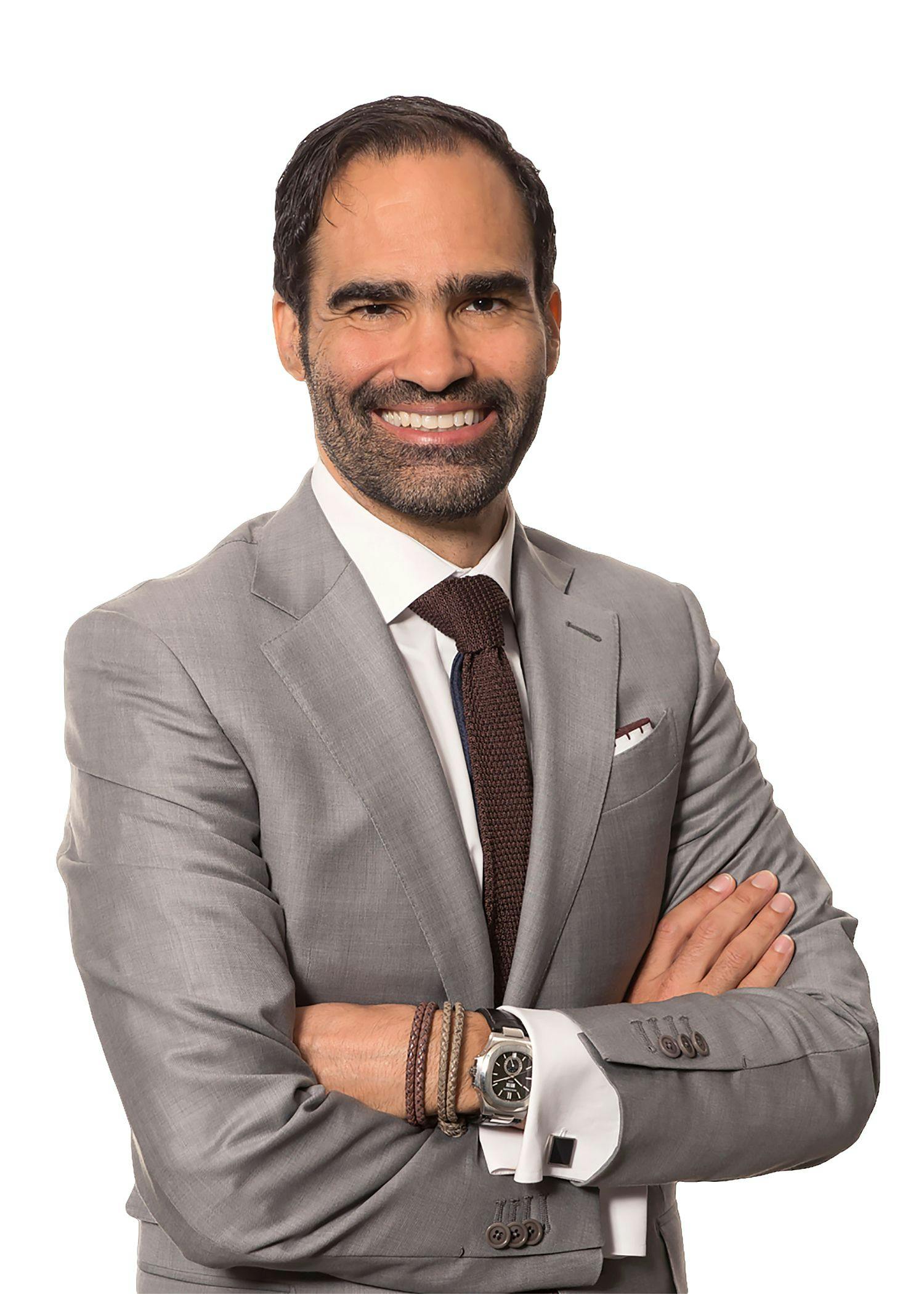The latest data on the growth of the luxury segment in China, with an estimated increase of 20%, has proven all those wrong that predicted the end of the Chinese luxury rally just some months ago. I’ve been encouraging luxury brands to enter in to the Chinese market now, but to do it right. Most Western luxury brands lose money in China, most struggle to differentiate from competition, and most lack real time customer insights. As a result, while the market is attractive, companies must not be blinded by amazing growth rates and plan their entry into the Chinese market or their repositioning of trailing brands rigorously. One sector, that has an enormous potential, is the health and wellness sector.
Last week, during a visit to Hong Kong and Shanghai, I looked for a place to workout after my flight from Los Angeles. Through their advanced use of CRM tools, social media strategy, and AI-based client matching, I discovered R3 Personal Training, a groundbreaking luxury gym right in the center of Hong Kong that's at the forefront of the new status symbol in China — a highly customized, concierge-like personal training and wellness/health experience. And after a week at R3, I was amazed how much I learned about myself , and also how much I didn't know about personal training, although I've always had trainers and the advice from nutritionists in the past. One week can be life changing, and this is why some of the most discerning and demanding people increasingly chose offers like these.
Traditional high-end fitness chains, like the successful Pure Fitness studios in Hong Kong have offered to train with a personal trainer for many years. Large fitness centers sometimes employ dozens of trainers, who accompany the members while they workout in the gym, often with hundreds of others in a crowded space. However, this almost commoditized the traditional personal training experience, and some conscious customers are looking for more in order to achieve their individual objectives.
To set themselves apart, and to get to the ultimate level of a luxury experience, customers of new ultra-customized places like R3 experience something completely different — to have a gym completely for themselves, to train in total privacy, with one dedicated trainer. When I asked Douglas Pieterse, a legend among personal trainers in Hong Kong and China and co-founder and head trainer of R3, why customers come to the place, he explained to me that they seek the ultimate customization. A program that is designed around their truly individual goals, which includes all aspects of their lives. Instead of focusing on the fitness aspect alone, Douglas goes beyond and works holistically with his clients, who also include CEOs of large companies in Hong Kong and regional celebrities.
They come for reasons like increasing their energy while mastering stressful jobs, their travel schedule, and the social commitments and family that come with them. Some are concerned about their health, others want to lose weight, look better, or simply get stronger. And many do look for the ultimate status symbol, to have not only a personal trainer, but to be coached in the most individual way according to what they really want to achieve. This includes aspects like nutrition coaching, sleep, lifestyle choices, and uniquely personalized training that take the individual composition and preferences into consideration. An important aspect is not having to share the gym with other people but enjoy an exclusive, private experience, which gives high-level clientele the rare opportunity of me-time. For many, it translates to the ultimate well-being experience.
Personalization in luxury is becoming increasingly important in China and beyond. Brands like Dior, Louis Vuitton, and Gucci have offered one-offs or limited editions for years and used this for differentiation and to appeal to their highest end clientele. In fashion, the ultimate expression is Haute Couture, where there is one piece, tailor-made for the customer, sometimes by dozens of highly artistic craftsmen and tailors.
This concept now emerges into the service industry. And very few service companies have truly embraced it so far. The idea of personalized well-being has a dramatic business potential. Restaurants, hotels, travel agencies, hairdressers, spas would have the opportunity to create an ultra-luxury segment, that is completely personalized, but few companies have developed convincing concepts so far.
One of the challenges is to create a brand positioning and a brand story that clearly communicates the difference to a standard offer and that differentiates from other high-end competitors. And since such personalized services have to create extreme value, the story can’t be just rational or descriptive, it has to combine rational and emotional elements: customers have to perceive the brand purpose. When I work with brands on that aspect, I find that this is usually the biggest weakness.
A second important aspect is the definition of a meticulously designed customer journey that is prefect in every detail. Each customer touch point counts. Most brands struggle to provide a service that highly discerning luxury consumers expect. This is why so many lose customers over time. When working with luxury brands, I try to shift their thinking from product focus, in this case providing a specific service, to a customer journey focus, providing a specific experience. Few companies excel here, however the customer journey is a precondition to win and to be able to deliver extreme customer value over time. And no matter how big a brand is, take the example of R3 — the use of digital means and tools can and will support a winning customer journey and exclusive experience especially when it comes to the millennials.
Well-being is the new luxury. As such, personalized concierge services emerge and luxury brands, especially in the service sector, can tap into this market if they do it fast and, most importantly, if they do it right. The key to success is a rigorous luxury strategy process optimizing very detail. Trial and error are not enough in luxury. And “not enough” means to fail.
Daniel Langer is CEO of the luxury, lifestyle, and consumer brand strategy firm Équité. He consults some of the leading luxury brands in the world, is the author of several luxury management books, serves as a regular keynote speaker, and holds management seminars in Europe, the USA, and Asia. Follow @drlanger

